T4K3.news
Gaza City churches stay put amid incursion
The last remaining churches in Gaza City say they will not evacuate as Israeli forces press the operation and threaten to destroy the city.
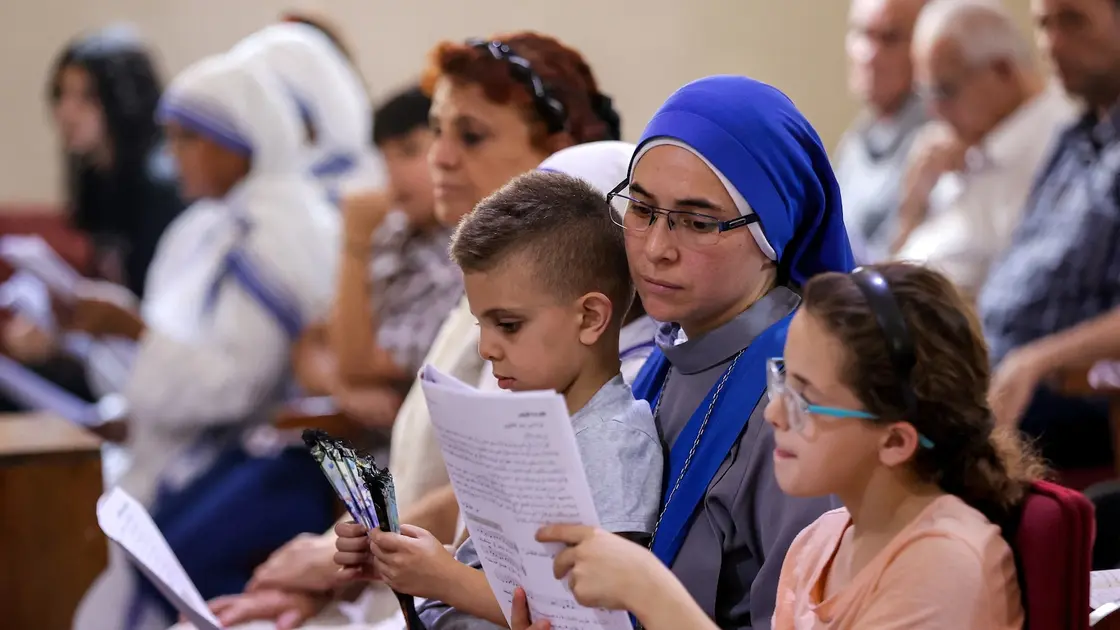
The last churches in Gaza City say they will stay to care for those inside the church compounds as Israeli forces press an incursion.
Last Churches in Gaza City Refuse Evacuation Amid Israeli Incursion
The last churches in Gaza City say they will not evacuate as Israeli forces push an operation to seize the city. Clergy and nuns say they will remain to care for those inside the Holy Family and Saint Porphyrius compounds, which have hosted hundreds of civilians since the war began. The churches note that leaving Gaza City could expose vulnerable people, including children and those with disabilities, to greater danger.
Israel began the first stages of the attack on Gaza City and has called up tens of thousands of reservists for the push. Officials warn that the city could face destruction similar to other areas once controlled by Israeli forces. In parallel, a Khan Younis hospital strike drew international criticism, with rights groups and Hamas-run health authorities counting journalists and medical staff among the dead. Israel called the incident a tragic mistake, while the IDF published a preliminary report asserting a mix of combatants and noncombatants were killed.
Key Takeaways
"There can be no future based on captivity, displacement of Palestinians or revenge"
Church statement against displacement and violence
"All peoples, even the smallest and weakest, must be respected by the powerful in their identity and rights, especially the right to live in their own lands; and no one can force them into exile"
Appeal attributed to Pope Leo XIV in the churches' statement
"There has been enough devastation, in the territories and in people's lives"
Churches calling for peace and end to the spiral of violence
"Leaving Gaza City and trying to flee to the south would be nothing less than a death sentence"
Statement about refugees and civilians
The churches’ decision to stay turns faith into a form of civil resistance, and it tests how civilians navigate danger when evacuation is not feasible. It also highlights a broader tension: political leaders want security gains, while humanitarian actors push for protections and safe civilian movement. The result could shape international perceptions of accountability and the path to any ceasefire talks.
As the war widens, religious shelters become focal points for humanitarian concerns. The rhetoric from Tel Aviv and Jerusalem and the reality on the ground may diverge, risking public backlash if civilians are harmed. The coming days will reveal whether moral appeals translate into concrete protections or are overshadowed by military objectives.
Highlights
- Faith should shelter life not deny it
- Protect civilians first then talk about borders
- Mercy survives only when people can live
- Shelters are lifelines not victory banners
Risk of political backlash and humanitarian tension
The piece involves sensitive political and military actions, potential civilian harm, and religious institutions taking public stances. It could provoke political backlash, affect public opinion, and influence international responses to the conflict.
Hope in the streets is not a strategy, but it can be a reminder of shared humanity.
Enjoyed this? Let your friends know!
Related News

Gaza City outskirts hit as residents flee

Gaza City combat zone declared

EU sanctions amid Gaza crisis
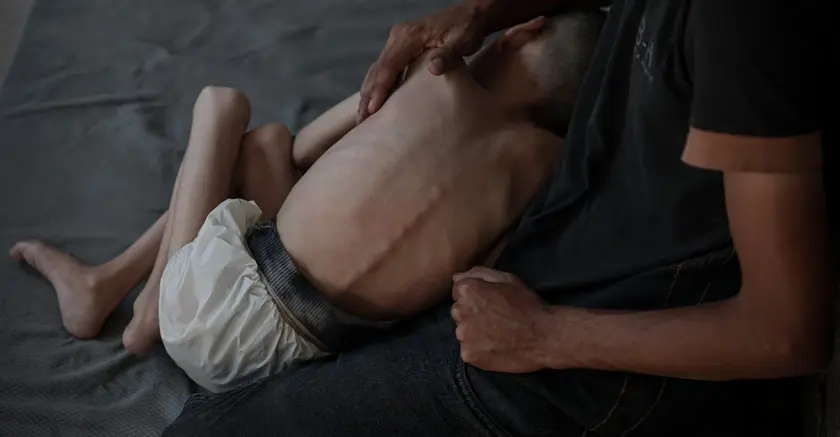
Hunger Crisis Deepens in Gaza
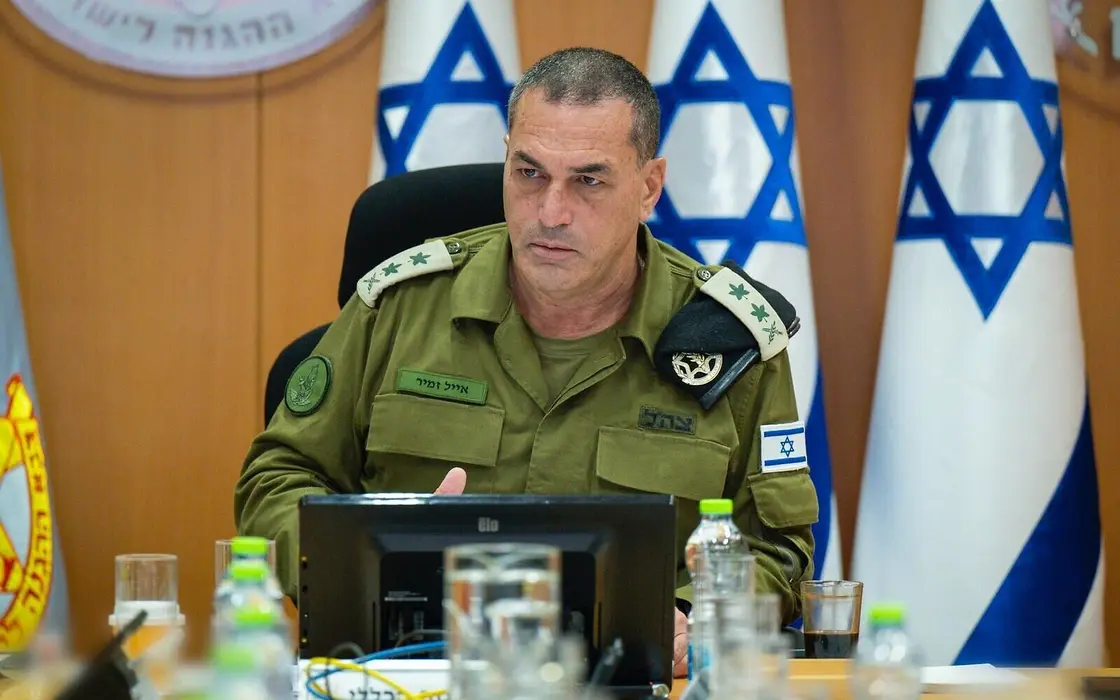
IDF approves outline for Gaza City operation
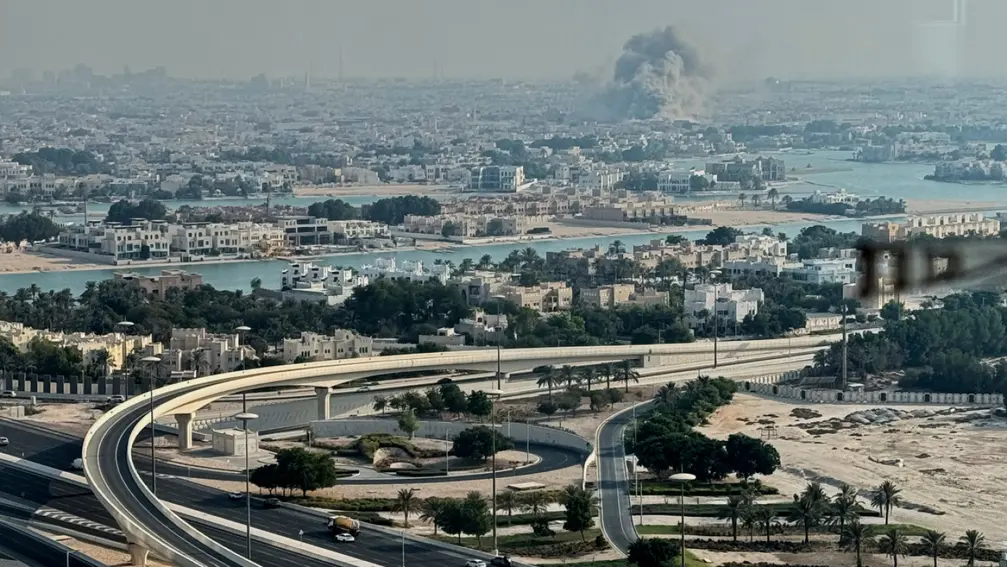
Hamas Leaders Survive Strike in Doha
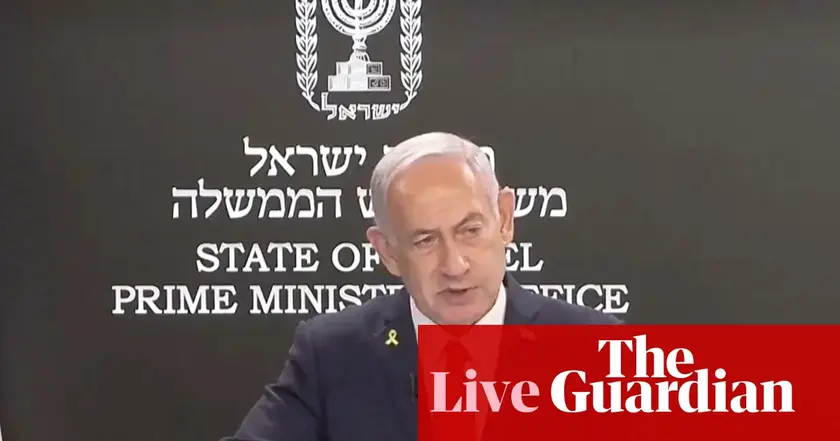
UN warns Gaza faces starvation

Trump fuels American Hell across politics and media
